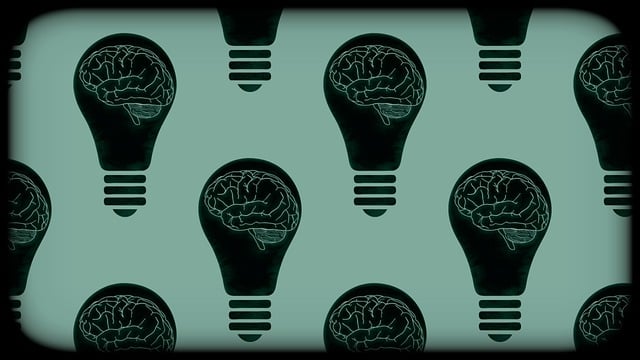Emotional Intelligence (EI) is crucial for seniors' well-being, and Cognitive Processing Therapy (CPT) offers an effective solution. CPT helps older adults manage stress, anxiety, and depression by challenging negative thoughts and beliefs, improving emotional regulation, and promoting self-care. This therapy, tailored to elders' needs, enhances EI through structured exercises, mindfulness practices, and social connections, ultimately fostering better relationships, purpose, and mental health. By targeting thought patterns, CPT empowers seniors to navigate life's challenges with resilience, contributing to a healthier aging population and reducing stigma around mental health support for the elderly.
Emotional intelligence (EI) plays a pivotal role in the well-being and satisfaction of elders. This article explores the significance of EI, focusing on its impact on older adults and offering practical strategies for fostering it within this demographic. We delve into Cognitive Processing Therapy (CPT), an evidence-based approach proven effective in enhancing emotional resilience. By understanding EI and implementing tailored interventions, we can empower seniors to navigate life’s challenges with greater ease.
- Understanding Emotional Intelligence and its Impact on Elders
- Cognitive Processing Therapy: A Powerful Tool for Enhancing Emotional Well-being
- Practical Strategies to Foster Emotional Intelligence in an Aging Population
Understanding Emotional Intelligence and its Impact on Elders

Emotional intelligence (EI) is a powerful tool that can greatly benefit elders as they navigate the challenges of aging and changing life circumstances. Understanding EI involves recognizing and managing one’s own emotions, as well as accurately perceiving and responding to the emotions of others. For seniors, this can be transformative, fostering deeper connections with loved ones, enhancing overall well-being, and even improving cognitive function.
Cognitive processing therapy, a type of evidence-based practice, plays a significant role in developing emotional intelligence for elders. By focusing on how they interpret and react to events, individuals can learn to challenge negative thought patterns and develop healthier coping mechanisms. This not only helps in stress management workshops but also serves as an effective burnout prevention strategy for healthcare providers who frequently interact with elderly patients. Incorporating self-awareness exercises tailored for seniors can further strengthen their emotional intelligence, enabling them to lead more fulfilling lives with improved relationships and a sense of purpose.
Cognitive Processing Therapy: A Powerful Tool for Enhancing Emotional Well-being

Cognitive Processing Therapy (CPT) is a highly effective approach to enhancing emotional well-being, particularly relevant for older adults looking to navigate mental health challenges. This therapy focuses on how our thoughts and beliefs influence our emotions and behaviors, providing tools to challenge and reframe negative thought patterns. By understanding the connection between cognition, emotion, and action, CPT empowers individuals to manage their mental health more effectively.
For elders dealing with various mental health issues, including depression or anxiety, CPT offers a path toward stigma reduction efforts. It encourages self-care routine development, fostering a sense of agency and encouraging mind over matter principles. Through this therapy, individuals learn to identify and change unhelpful thinking patterns, leading to improved emotional regulation and overall mental health.
Practical Strategies to Foster Emotional Intelligence in an Aging Population

In an aging population, fostering emotional intelligence (EI) is crucial for overall well-being. Therapy for elders can significantly enhance EI by focusing on cognitive processing therapy, which helps individuals understand and manage their emotions effectively. By engaging in regular therapy sessions, seniors can learn to identify triggers, process past experiences, and develop healthier coping mechanisms. This, in turn, improves mood management, a key component of emotional healing processes.
Practical strategies include incorporating mindfulness practices, such as meditation, into daily routines. These techniques teach present-moment awareness, enabling seniors to regulate their emotions more efficiently. Additionally, promoting social connections through community activities or support groups can enhance EI by providing opportunities for emotional expression and understanding. Embracing mind over matter principles, where positive thinking and reframing are encouraged, empowers the aging population to navigate life’s challenges with greater resilience and emotional intelligence.
Emotional intelligence is a vital component of well-being, especially for elders facing the unique challenges of aging. By understanding and cultivating emotional intelligence, we can significantly enhance their quality of life. Cognitive Processing Therapy offers a powerful approach to addressing emotional issues, providing tools for effective coping strategies. Furthermore, practical strategies focused on mindfulness, social engagement, and self-awareness can foster emotional intelligence in this population. Integrating these methods promotes resilience and improves overall emotional well-being, ensuring a more fulfilling and meaningful later life.








